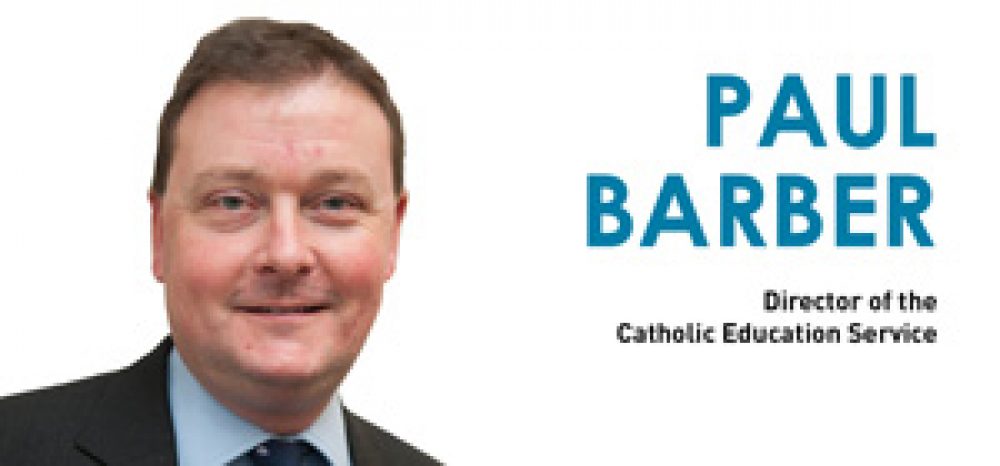The memorandum of understanding between the Catholic church and the government is little more than a written definition about their working relationship, says Paul Barber
Much has been written over the past month about the memoranda of understanding (MoU) between the Department for Education (DfE) and both the Church of England and the Catholic church. Many have sought to sensationalise them as a “church land grab” or as a u-turn in the government’s academisation agenda.
The reality, however, is more mundane. Both documents essentially set out the working relationship with the Anglican and Catholic dioceses and the Regional Schools Commissioners (RSCs). Moreover, most of our memorandum is about how dioceses and the RSCs communicate with each other, especially now power is moving away from local authorities, with whom dioceses have traditionally had strong working relationships.
The other criticism levelled by secularist campaigners is that this is yet another example of religious privilege, akin to bishops in the House of Lords. But this simplistic approach is misguided and demonstrates a limited understanding of the educational landscape in England.
Let’s put religion aside for one moment and deal with the facts. The Catholic church runs more than 2,100 schools in England. It is the largest sole provider of secondary education and second largest provider of primary education (after the Church of England) in the country.
Any organisation with this number of schools and more than a century’s worth of experience in providing education in England would expect some written understanding with the government about their working relationship, especially in the context of the move towards academisation.
It also makes sense for an organisation that makes a substantial financial contribution to the state on the scale that we do, in terms of the use of its land and buildings, to have an understanding with the DfE as to what constitutes as a Catholic school.
Education is at the heart of the church’s mission
But different organisations have been recently trying to use the MoU for their own political and campaigning purposes, either because of their objection to religious ethos schools, or their disagreement with the government’s backing of academies.
To draw what is essentially a working guidelines document with the two largest providers of education into a political debate about academies in general is a little unfair on the church, its schools and on the government.
Be that as it may, the Catholic church’s position on academies remains the same. It has more than 450 academies in England, that’s around a fifth of our total provision. What’s more, the church pioneered many of the academy models in use today, such as multi-academy trusts, executive headteachers and school partnerships.
It would be completely wrong, therefore, to suggest that the church is anti-academy. Seeing as we have led the way on so many aspects of the academies programme, why would we be against it?
It is fair to say that we have reservations about schools being compelled to become academies, believing that the decision should be made by both the school and the relevant local diocese. There are still important discussions that need to be had with the DfE, but the contents of our MoU is a welcome continuation in defining our working relationship.
Education and the procurement of knowledge are at the heart of the church’s mission. The first schools in this country were Catholic and after the re-establishment of the Catholic bishops in 1850, the church’s first priority was the education of the poor, building schools before churches.
We are rightly proud of this and we welcome the DfE’s recognition of our place in the education section and commitment to this ongoing partnership.







Your thoughts